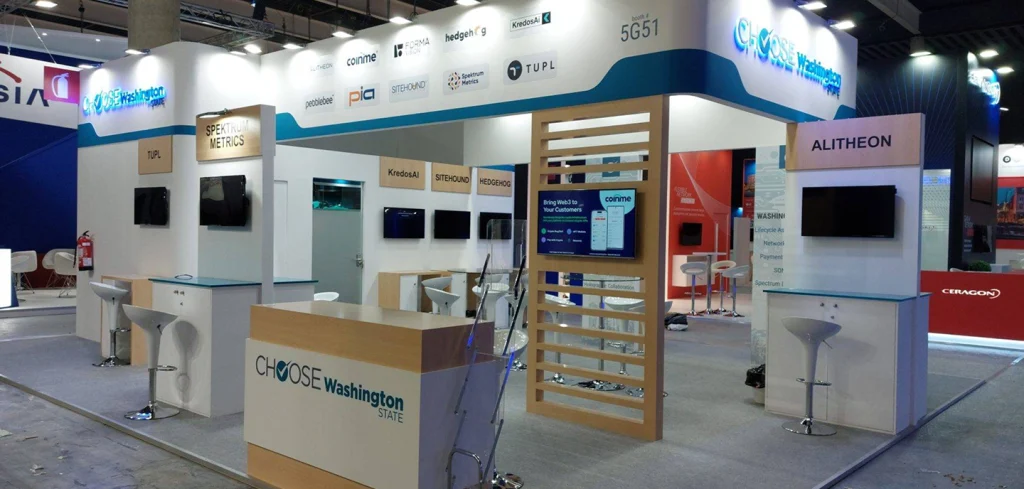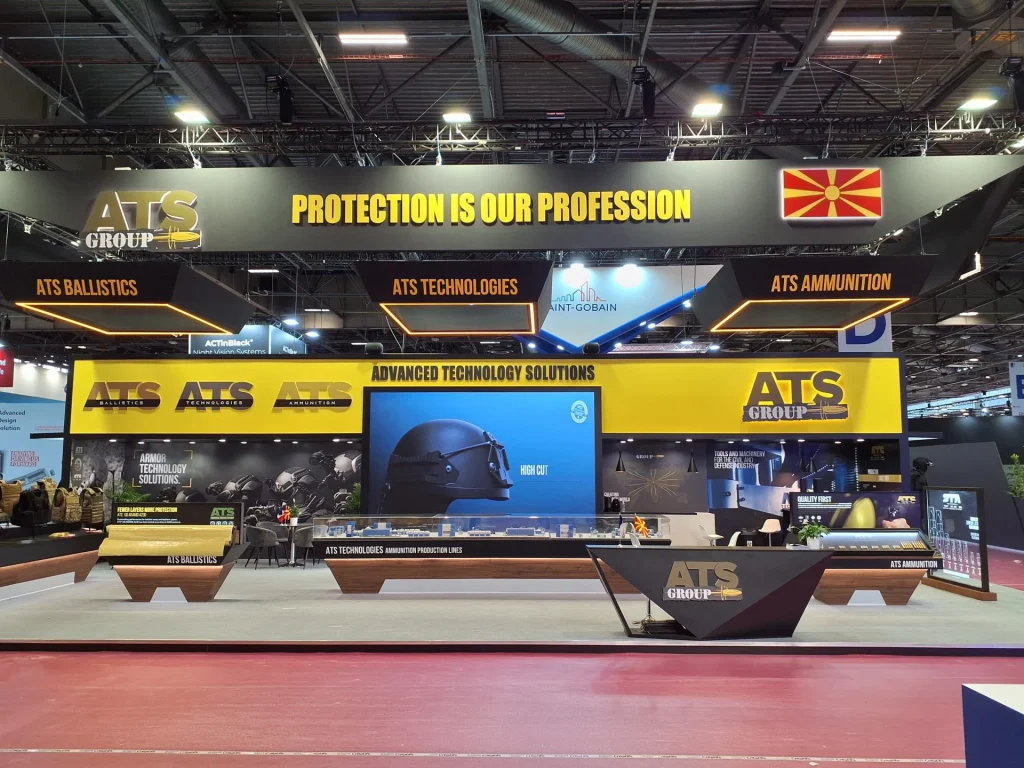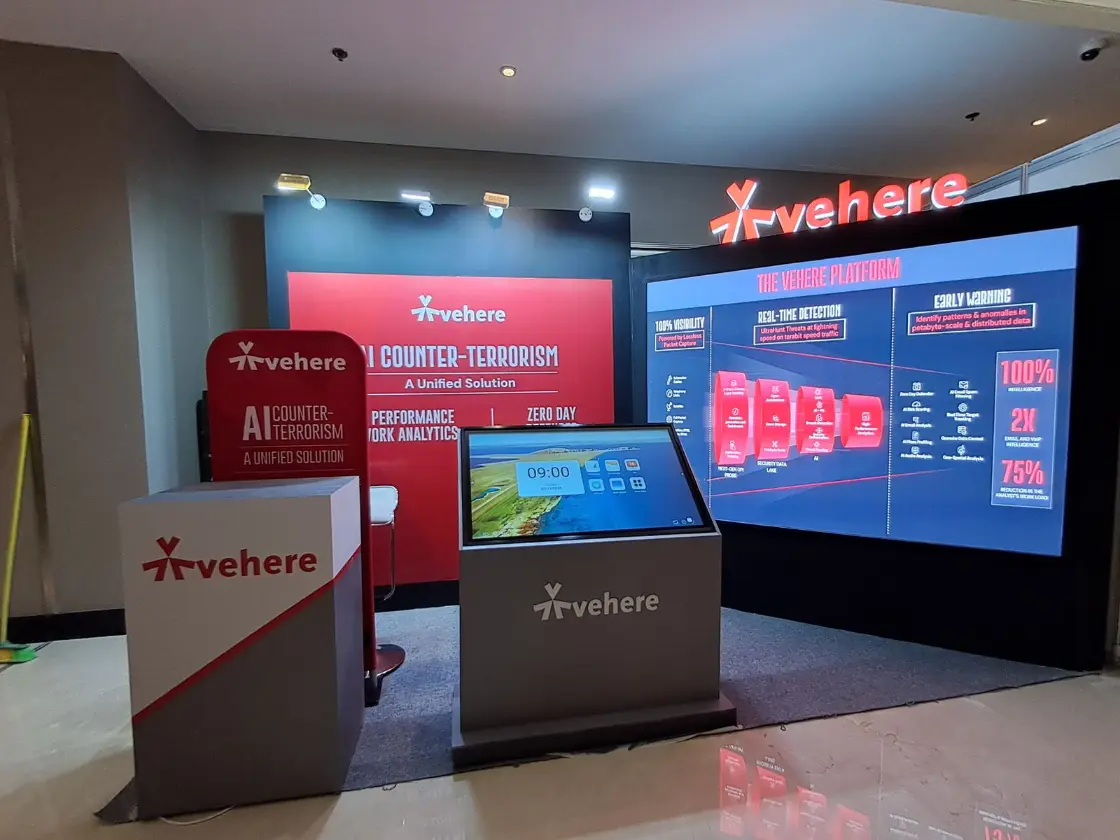
Why Does Audio Matter More Than Ever?
In high-energy venues like ExCeL London, NEC Birmingham, and Olympia London, visuals dominate, but sound is the unsung hero of modern trade show design. From subtle ambient audio to attention-grabbing voiceovers, UK exhibitors are now using strategic soundscaping to capture attention, guide visitor flow, and deepen brand recall. With audio design becoming a key part of immersive exhibits, it’s no longer just what your booth looks like—it’s how it sounds that can define visitor experience.
How Audio is Enhancing Trade Show Engagement?
1. Directional Sound for Targeted Messaging
With directional speakers, sound is focused like a spotlight, delivering a private audio experience without disturbing surrounding booths. Exhibitors are using this to:
• Play product explainers or brand messages when visitors stand in specific zones
• Create “audio bubbles” in open-plan spaces
• Deliver multilingual content based on visitor profile or interaction
Custom exhibit builders are integrating directional sound solutions into booth structures for focused, high-value conversations.
2. Ambient Soundscapes to Influence Mood
Subtle background audio can calm, energize, or captivate an audience. Soundscapes are being used to:
• Reinforce brand identity through theme-based music (e.g., futuristic, natural, luxury)
• Create mood zones within a single exhibit
• Smooth transitions between high-traffic demo areas and private lounges
Trade booth design companies are now offering audio consulting to align environmental sound with overall brand tone.
3. Voice-Activated Interactions for Accessibility and Innovation
With the rise of voice AI, more booths are offering hands-free interactivity. Visitors can:
• Ask AI-powered displays questions about products
• Navigate the booth using voice command pathways
• Trigger video or hologram content using simple voice cues
Trade show exhibit design companies are incorporating voice interaction zones to enhance accessibility and modern appeal.
4. Sound Branding to Reinforce Identity
More brands are creating custom sound logos or signature tones that play during product demos or introductions. These sonic cues:
• Help the brand stand out in a noisy environment
• Boost recall and recognition after the show
• Anchor audio-visual storytelling moments
Exhibitors now work with experiential booth design specialists to produce sound branding elements alongside visual assets.
5. Acoustic Design for Functionality and Focus
Great sound design isn’t just about what you hear—it’s also about what you don’t. Smart exhibitors now:
• Use acoustic paneling to block noise from adjacent booths
• Create semi-soundproof meeting pods for confidential conversations
• Isolate demo areas to protect immersive experiences
Custom exhibit builders are engineering booths with acoustic zoning in mind to improve both engagement and clarity.
The Future of Audio-Driven Booths in the UK:
As technology evolves, we’ll see:
• Real-time adaptive soundscapes that change based on foot traffic or emotional tone
• Biometric-triggered audio that adjusts content based on attention levels
• Integration of 3D spatial audio in AR/VR zones for deeper immersion
UK exhibitors embracing audio-first strategies will gain a strong edge in sensory engagement and brand storytelling.
Conclusion: Don’t Just Be Seen—Be Heard
In an environment where everyone is competing for attention, sound is your silent advantage. When used with intention, audio can guide movement, boost memorability, and make your booth unmissable.
Is Your Booth Sound-Engineered for Engagement?
Collaborate with a trade show exhibit design company that understands how to combine audio, branding, and booth architecture to create a complete sensory experience.
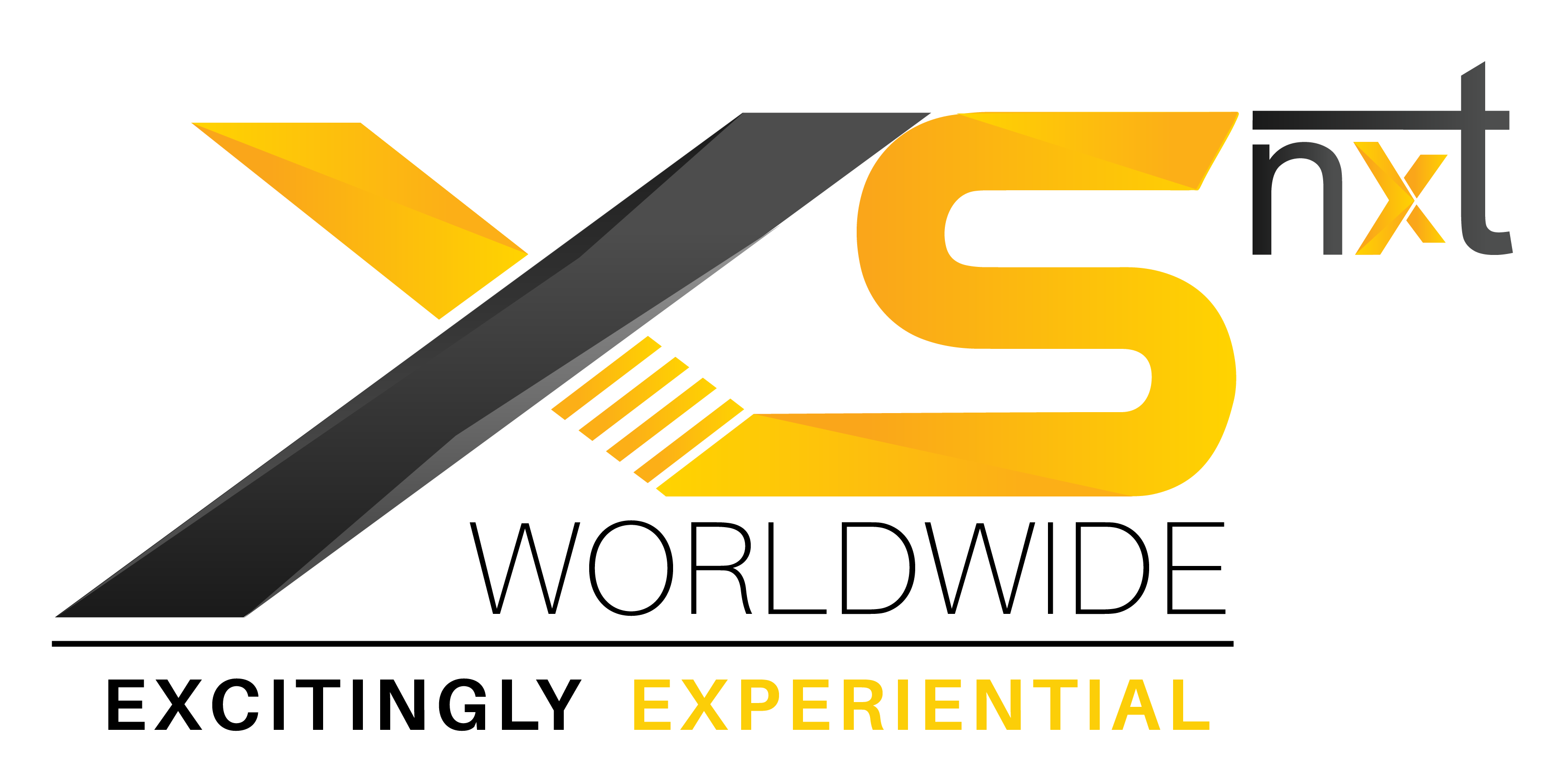
 Global
Global USA
USA